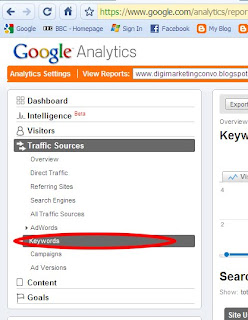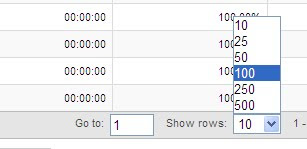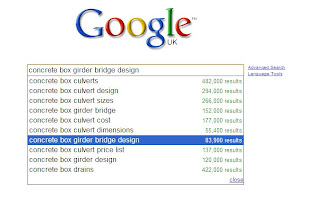Every industry uses jargon to describe particular types of products or services and it is these niche or specific keywords which change from day to day, week to week and year to year. What an industry term might be referred to today may not be called the same next year. So how do you keep up with your ‘industry jargon’ or ‘niche keywords’ to ensure your prospects and customers keep finding your products or business on the web and to also maintain a healthy position on SERP’s?
Using Google Analytics you can view the Keywords report and then view whats called ‘Long Tail Keywords’. These are the keywords which appear right at the bottom of your list. These are the words which you probably failed to even scroll down to or even look at because they pull in so little traffic and completely ignored in your monthly reports. Well let me tell you that these are the keywords or phrases which have the ultimate pulling power, contain hidden gems and are very specific to your products and services and will change how you implement your current SEO programme.
1) Pull up your keywords report:
Now, your top 20 or 25 keywords are probably brand or company related keywords will be variants of your company name, brand names or product names. These are top keywords which are already performing well for your website.
What the bottom half of your keywords report will tell you:
- Specific keywords related to your product (e.g. product codes, abbreviations)
- Specific keywords related to your industry (e.g. where your product can be used)
- Industry jargon used to describe you product (e.g technical references)
- Useful keywords to migrate into your coding or web copy
- Keywords to use for PPC (e.g. gain new keywords for customer acquisition strategy)
The bottom half of the table is where you will find useful information and where you should put your efforts in when optimising your site so that you appear on more SERP’s. Your top 10 keywords will continue to pull traffic through to the site but it is the more niche/specific/industry terms which you should work on and build upon to ensure you are found and constantly appear on more search engine pages under more and more specific keywords.


